How to Self-Improve In a Performance-Driven Society
{ By Emily O’Connell , Editorial Coordinator }
We live in a country fueled by success. The results of the election, the outcome of the race, the awards of celebrities, the rankings of individuals in a corporate setting. Kanye West’s notable interview where he refers to himself as a God implies his choice of being the god of his own world and was a similar message to those lacking confidence in themselves. Likewise, people usually admire and often envy the intense self-belief demonstrated by those in power.
This isn’t a new phenomenon, either. About a century ago, psychologists developed the idea of the “Protestant Work Ethic”, which noted that the religiously rooted drive to “work hard” was the psychological fuel to capitalism. Today, there are studies that compare fixed vs. growth mindsets, where “growth mindset” is the obvious depiction of success in the long-term.
It’s plausible that identifying a positive performance model has many positive consequences for those who hold them. Defining yourself as “exceptional” at something does wonders for confidence and self-esteem. This identity also provides protection during poor performance or failure. If you’re a notable top-performer, moments of weakness or failure will be brushed off as temporary anomalies.
Stop Focusing On Performance and Focus on Experience
Judgment fuels our desire to perform. If we know someone is judging our behavior, we tend to want to “outperform.” However, there’s a paradox. If you want to get better – truly better – at anything, you need to experiment and be willing to accept and learn from any outcome.
If you view life as a performance your failures will be so painful you will never want to relive them again. If you view life as an experience, failure is just one part of it. When you’re experiencing it, it’s not about the end result. It’s about the moment. Peter Bregman, Bregman Partners says It’s not a pursuit after, it’s a feeling during.
To let go of performance and instead replace it with experience, Bregman says this is what helped him. “Several times a day I’ll complete this sentence: ‘This is what it feels like to…’”
“This is what it feels like to run a meeting.”
“This is what it feels like to be stuck writing a deck.”
“This is what it feels like to be in love.”
Saying that instantly drops you into an experience, says Bregman. Performance loses its prime and the mind releases its focus on mere outcome with no feelings attached.
As a performance, it’s difficult to judge. As an experience, it’s usually always perfect.







